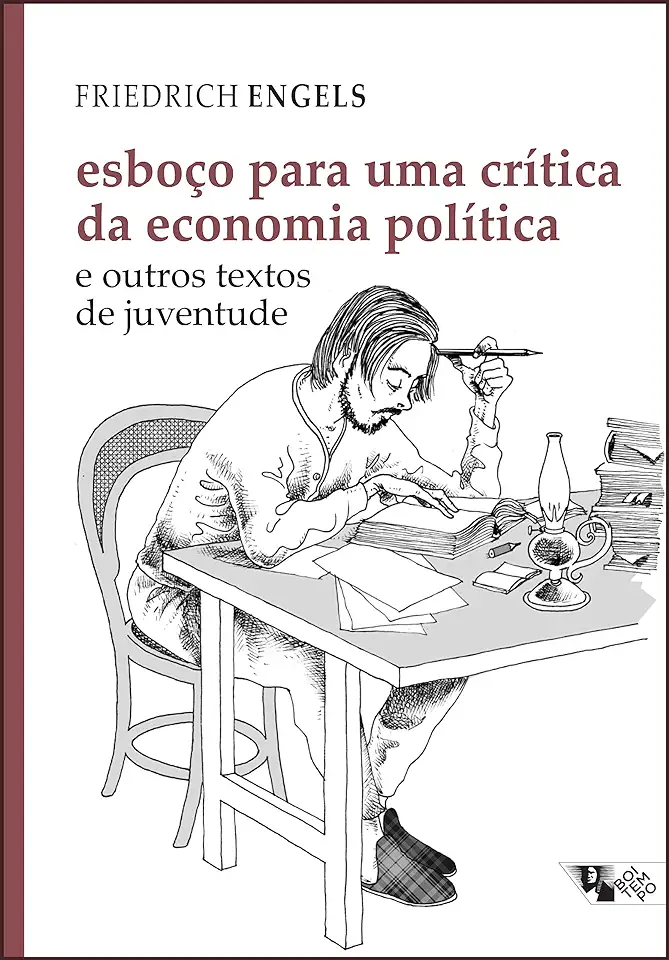
Outlines of a Critique of Political Economy - Friedrich Engels
Introduction
In his seminal work, "Outlines of a Critique of Political Economy," Friedrich Engels provides a comprehensive and insightful analysis of the capitalist mode of production. Engels argues that capitalism is an inherently exploitative system that generates inequality, poverty, and social conflict. He also offers a vision of a more just and equitable society based on socialist principles.
The Labor Theory of Value
Engels begins his critique of capitalism by examining the labor theory of value. He argues that the value of a commodity is determined by the amount of socially necessary labor time required to produce it. This means that the value of a commodity is not determined by its usefulness or its scarcity, but by the amount of labor that goes into its production.
Exploitation and Surplus Value
Engels argues that under capitalism, workers are exploited because they are paid less than the full value of their labor. The difference between the value of labor and the wages that workers are paid is called surplus value. Surplus value is the source of profit for capitalists, and it is the driving force behind the capitalist system.
The Accumulation of Capital
Engels argues that the accumulation of capital is a key feature of capitalism. Capitalists reinvest their profits in order to expand their businesses and increase their profits. This process leads to the concentration of wealth in the hands of a few individuals and the impoverishment of the working class.
The Crisis of Capitalism
Engels argues that capitalism is inherently unstable and prone to crises. He identifies two main types of crises: overproduction crises and financial crises. Overproduction crises occur when there is a surplus of goods on the market, which leads to falling prices and profits. Financial crises occur when there is a loss of confidence in the financial system, which leads to a collapse in lending and investment.
The Socialist Alternative
Engels argues that capitalism is a failed system that must be replaced by socialism. He envisions a socialist society in which the means of production are owned in common and the profits from production are distributed equally among all members of society. Engels believes that socialism is the only way to achieve a just and equitable society.
Conclusion
"Outlines of a Critique of Political Economy" is a powerful and insightful critique of capitalism. Engels provides a clear and concise explanation of the labor theory of value, exploitation, and the accumulation of capital. He also identifies the inherent contradictions of capitalism and argues that it must be replaced by socialism. This book is a must-read for anyone who wants to understand the capitalist system and its alternatives.
Why You Should Read This Book
"Outlines of a Critique of Political Economy" is a classic work of economic thought that is still relevant today. It is a must-read for anyone who wants to understand the capitalist system and its alternatives. This book will challenge your thinking about economics and society, and it will inspire you to fight for a more just and equitable world.
Here are a few reasons why you should read this book:
- It is a clear and concise explanation of the labor theory of value, exploitation, and the accumulation of capital.
- It identifies the inherent contradictions of capitalism and argues that it must be replaced by socialism.
- It is a powerful and insightful critique of capitalism that is still relevant today.
- It will challenge your thinking about economics and society, and it will inspire you to fight for a more just and equitable world.
Don't miss out on this opportunity to read one of the most important works of economic thought ever written. Order your copy of "Outlines of a Critique of Political Economy" today!